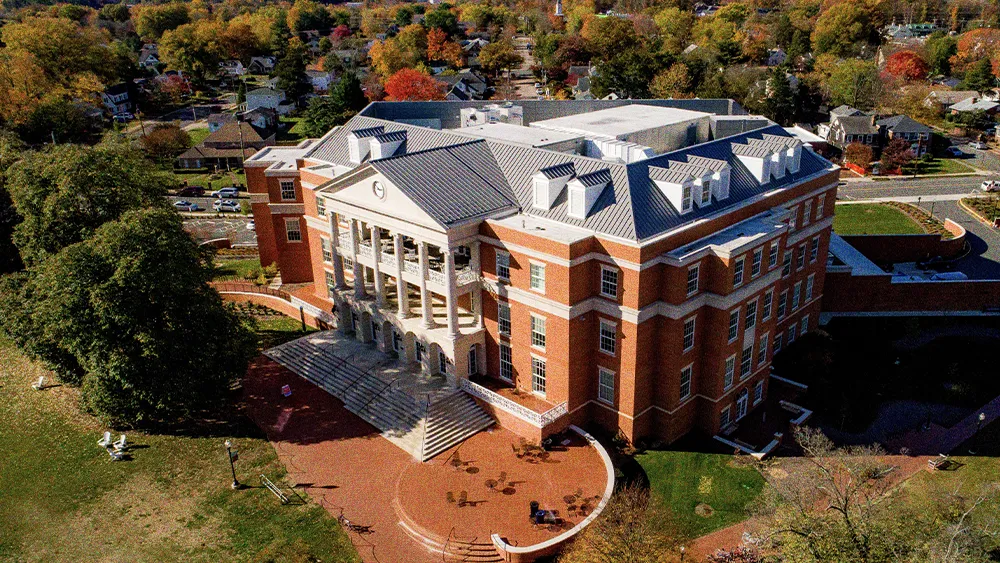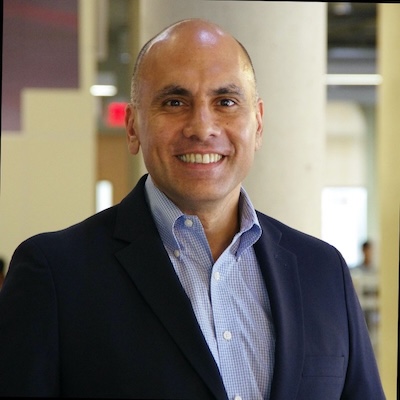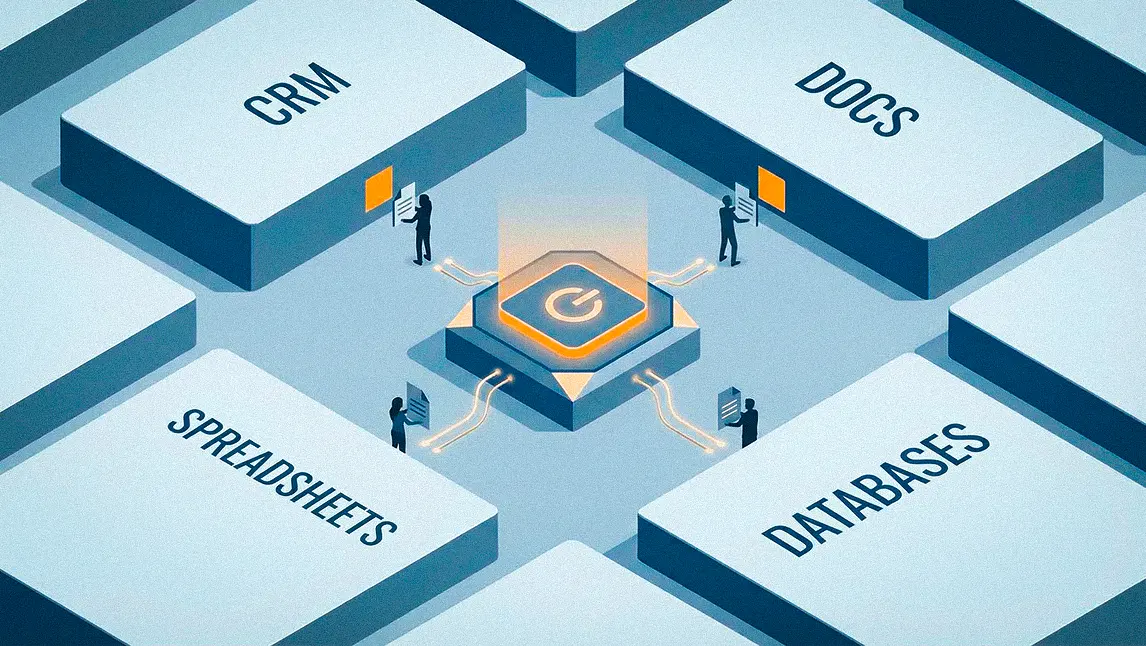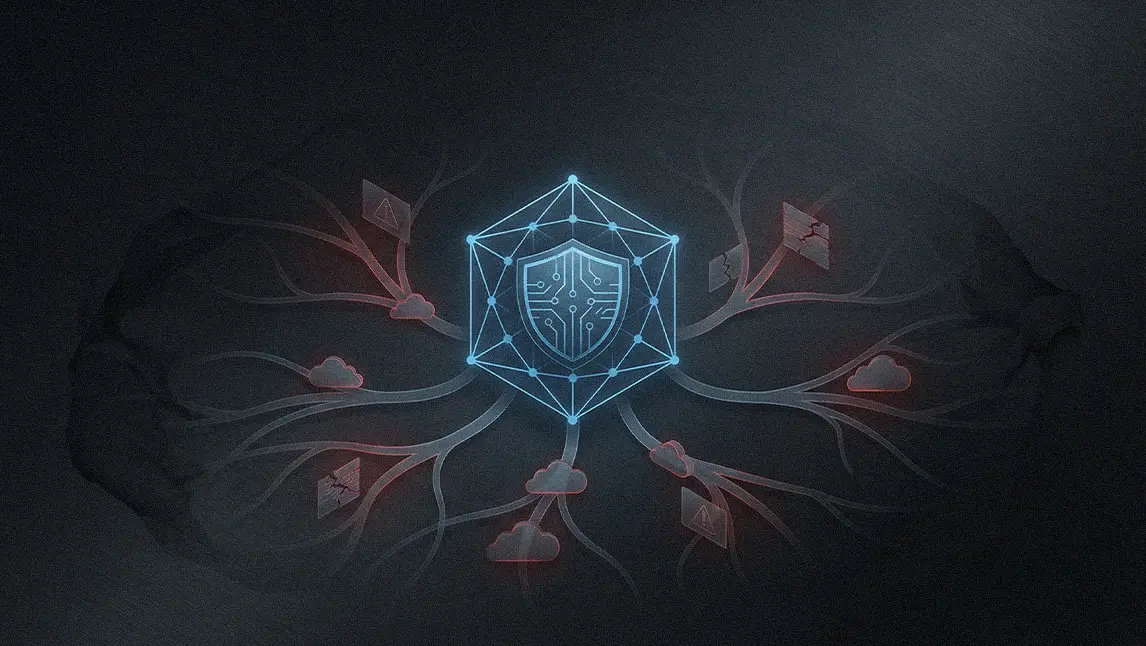In higher education, the playbook for adapting to AI is changing. Instead of chasing technology, the focus is shifting toward developing durable skills like critical thinking, effective communication, and collaboration. Now, in an era where static knowledge is no longer a long-term asset, a solid foundation is what enables the modern workforce to learn, unlearn, and relearn.
One of the leaders shaping this conversation is Anand Rao, Director of the Center for AI and the Liberal Arts at the University of Mary Washington, in Fredericksburg, VA. With over 30 years of experience in higher education, Rao has held roles as both Professor of Communication and Chair of the Department of Communication and Digital Studies. Today, his work focuses on answering a central question: "How do we prepare students for an AI world?"
It's a theme Rao explores in his writing for publications like Higher Education Digest and on his AI x Higher Ed Podcast, and one he finds important enough to begin before students even arrive on campus—today, he works with local school districts to develop dual-enrollment courses that introduce these concepts to students as early as ninth grade.
"The one thing everybody should do is work on AI literacy. It's about understanding the full picture: the societal implications like environmental costs and data bias, as well as the potential, so that they can make informed decisions," Rao says. However, such an approach relies on a much deeper definition of AI literacy, he explains.
"As with everybody, ChatGPT totally knocked me on my heels. In higher education, it was immediately apparent that this had significant implications for the authentication of student work and assessments. We saw a lot of potential and numerous upsides. But also some real challenges," Rao says. The first challenge was tactical: how to authenticate student work in this new environment. But the problem of authentication quickly revealed a deeper, more systemic issue, he explains.
An analog answer: While the old model of education was built on a foundation of stable knowledge, today's professions are being transformed in mere months. "To authenticate student work, we had to ask ourselves: how do we know if they’ve really learned the content? Can they handle a Q&A after a presentation, or even better, can they handle themselves in a debate?"
What began as a defensive crouch quickly evolved into a forward-leaning strategy, Rao continues. Here, he makes the case for integrating AI thoughtfully into the curriculum to teach discernment and sound judgment.
From can to should: If knowledge itself is no longer a durable asset, the focus should shift to continuous adaptation, Rao explains. "I want them to be able to speak intelligently about when they would and when they wouldn't use AI. If all you can do is put in a prompt and turn in whatever it hands back to you, then what's your role in all of this?"
For Rao, the solution is to hone in on foundational skills while adding new ones for the AI age. "We need to double down on the durable skills we've always claimed are important. Every time we go through general education reform, we discuss critical thinking, research, collaboration, and communication, and they're going to be even more important now."
Managing the agents: One of the most surprising new competencies inverts traditional career timelines entirely. "If you're going to run teams of AI agents, you need management skills. That would typically take someone ten or twenty years in the field to develop. We need students to have those as starter skill sets coming right out of college."
To illustrate the growing gap between academic policy and workplace expectations, he shares two anecdotes. First, he tells a story about a colleague's son, an intern who drafted a press release himself. His supervisor corrected him: "No, that's not a good use of your time. ChatGPT can write that press release really well. You can revise it and edit it, but get the first draft that way." Then, he recalls a former political science student who now works for a data center company, whose advice to current students was simple: "Have strong communication skills and learn how to learn. If you can do those two things well, you're going to be able to adapt."
Ultimately, Rao calls for a more proactive vision for the humanities, reframing it as a driving force for innovation. He describes a future where students move beyond disciplinary silos to actively solve real-world problems—a practice he fosters in his own "AI pitch contest" class. "I'm not concerned about making it AI-proof," he concludes. "I just want to make it AI-relevant. While there are obvious concerns with academic integrity, the real issue is that students are going to be expected to use these same tools in the workplace."









